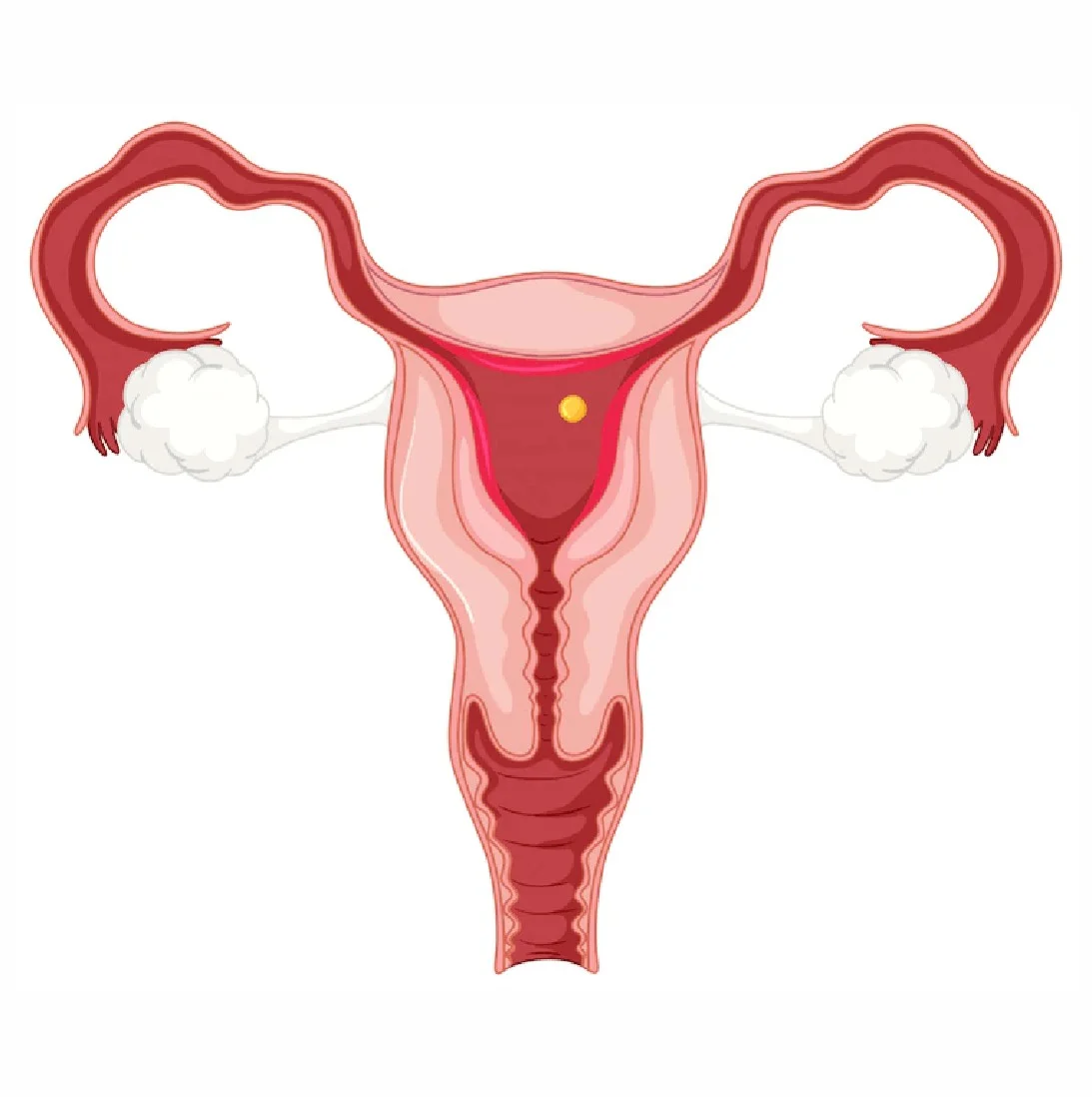
Department of Oncology
Welcome To Gangasheel Hospital
What is CA Cervix ?
Cervical cancer is a type of cancer that forms in the cells of the cervix (the lower part of the uterus that connects to the vagina).
Various strains of human papillomavirus (HPV), a sexually transmitted disease, are responsible for the development of most cervical cancers.
When exposed to HPV, the body's immune system normally prevents the virus from doing harm. However, in a small percentage of people, the virus survives for years and is involved in the process that causes some cervical cells to become cancerous.
Screening and vaccination to prevent HPV infection can reduce the risk of developing cervical cancer.
Early cervical cancer usually causes no signs or symptoms.
Signs and symptoms of advanced cervical cancer may include:-
- Vaginal bleeding after intercourse
- during menstruation
- or after menopause Heavy
- foul-smelling
- watery
- bloody Pelvic pain or pain during intercourse
- Cervical cancer begins when changes (mutations) occur in the DNA of healthy cells in the cervix. A cell's DNA contains instructions that tell it what to do.
- Healthy cells grow and proliferate at a constant rate and eventually die at a constant rate.
- Mutations direct cells to grow and multiply uncontrollably, and they never die. Abnormal cells gather together to form a mass (tumor). Cancer cells can invade nearby tissues and spread (metastasize) away from the tumor and elsewhere in the body.
- The cause of cervical cancer is unknown, but HPV certainly plays a role. HPV is very common and most people who are infected with this virus do not get cancer. This means that other factors such as environment and lifestyle also determine whether you develop cervical cancer.
To reduce your risk of cervical cancer:-
- Ask your doctor about HPV vaccination. Vaccination to prevent HPV infection can reduce the risk of cervical cancer and other HPV-related cancers. Ask your doctor if the HPV vaccine is right for you.
- Get regular Pap tests. The Pap test can detect precancerous conditions of the cervix, so it can be monitored or treated to prevent cervical cancer. Most medical organizations suggest a routine Pap test starting at age 21 and repeated every few years.
- Practice safe sex. Reduce the risk of cervical cancer by taking steps to prevent sexually transmitted infections,
such as: B. Use a condom every time you have sex and limit the number of sex partners you have. - No Smoking. If you don't smoke, don't start. If you smoke, talk to your doctor about strategies to help you quit.
A cervical cancer treatment team includes a gynecologic oncologist (a doctor who specializes in cancers of the female reproductive system). Treatment recommendations for cervical cancer are based on many factors, including the stage of the disease, age, general health, and whether you plan to have children in the future.
Treatments for cervical cancer include radiation, chemotherapy, surgery, targeted therapy, and immunotherapy.
Radiation therapy uses beams of energy to kill cancer cells in the cervix.
There are two types of radiation therapy:-
- External beam radiation therapy (EBRT):-
A machine directs high-energy radiation at cancer outside the body. - Brachytherapy:-
Puts the radiation in or just near cancer.
Chemotherapy:-
Chemotherapy (chemo) uses drugs that are injected through your veins or taken by mouth to kill cancer cells. It enters your blood and is effective for killing cells anywhere in your body. There are several drugs used for chemo and they can be combined. Chemo is often given in cycles. The length of the cycle and the schedule or frequency of chemotherapy varies depending on the drug used and where cancer is located.
Different kinds of surgery are used to treat cervical cancer.
Some of the most common kinds of surgery for cervical cancer include:-
- Laser surgery:-
This surgery uses a laser beam to burn off cancer cells. - Cryosurgery:-
This surgery freezes cancer cells. - Cone biopsy:-
A surgery in which a cone-shaped piece of tissue is removed from your cervix.
Yes, Cervical Cancer treatment is available in Bareilly at Gangasheel Hospice by the team of expert Oncologists in the city.
